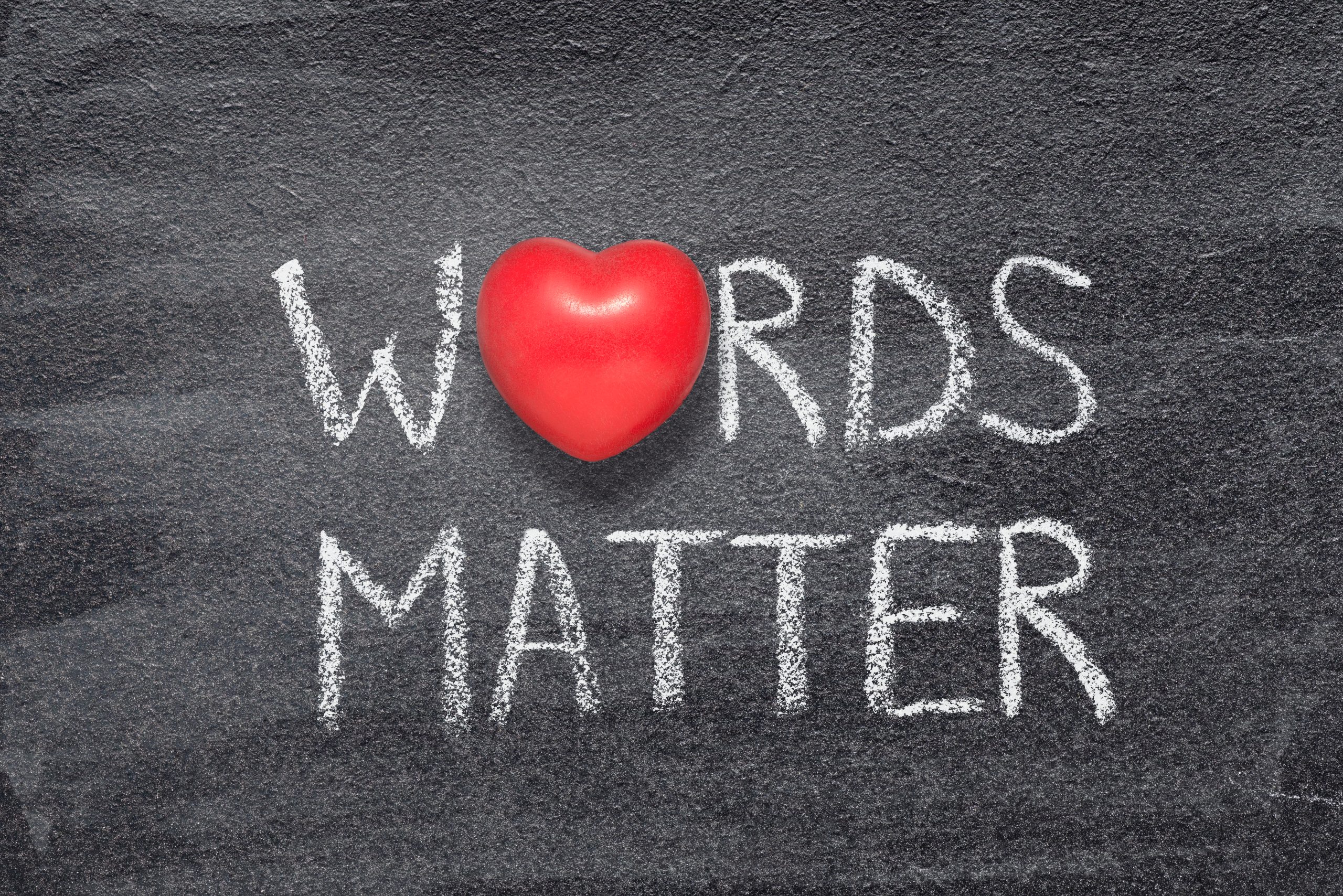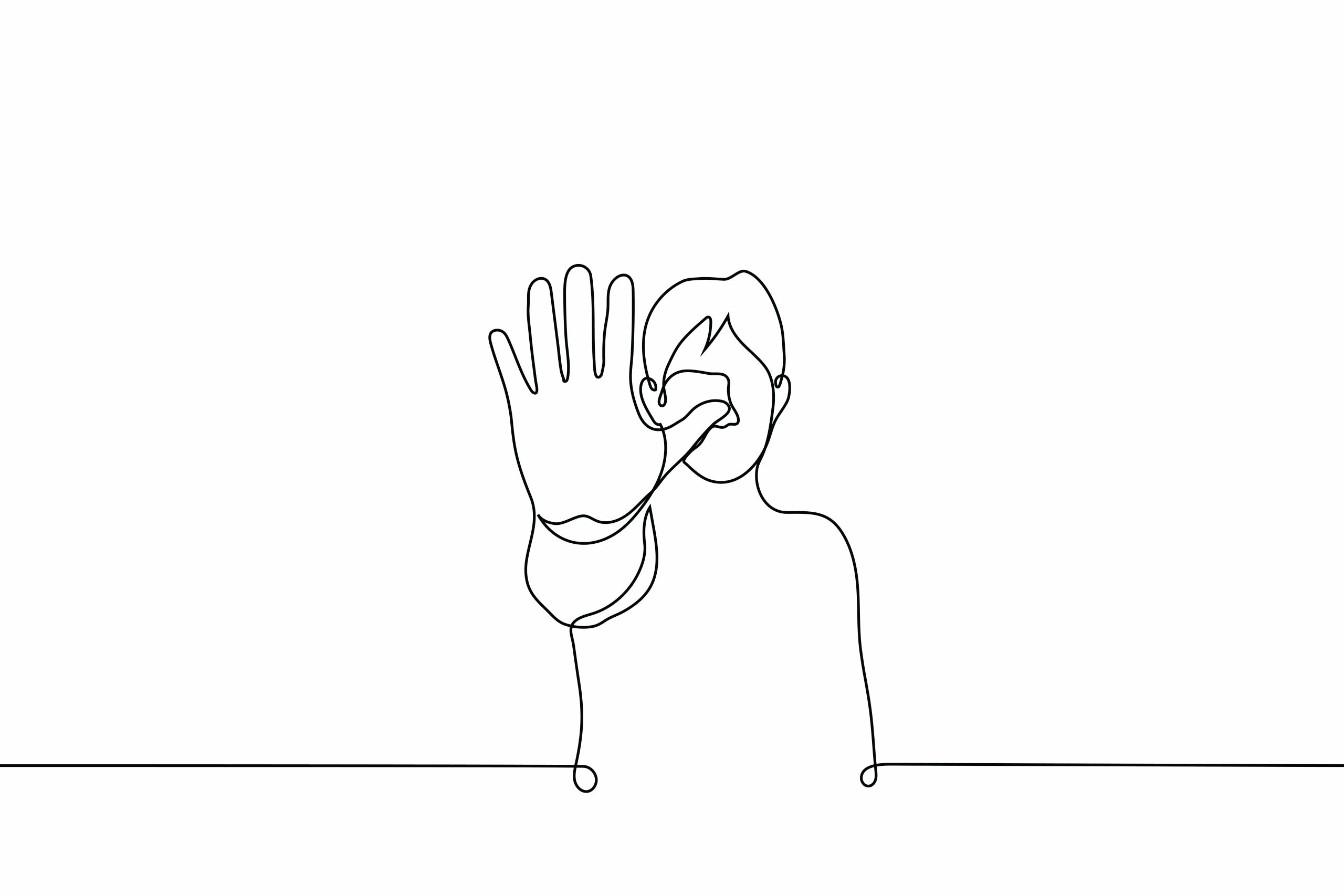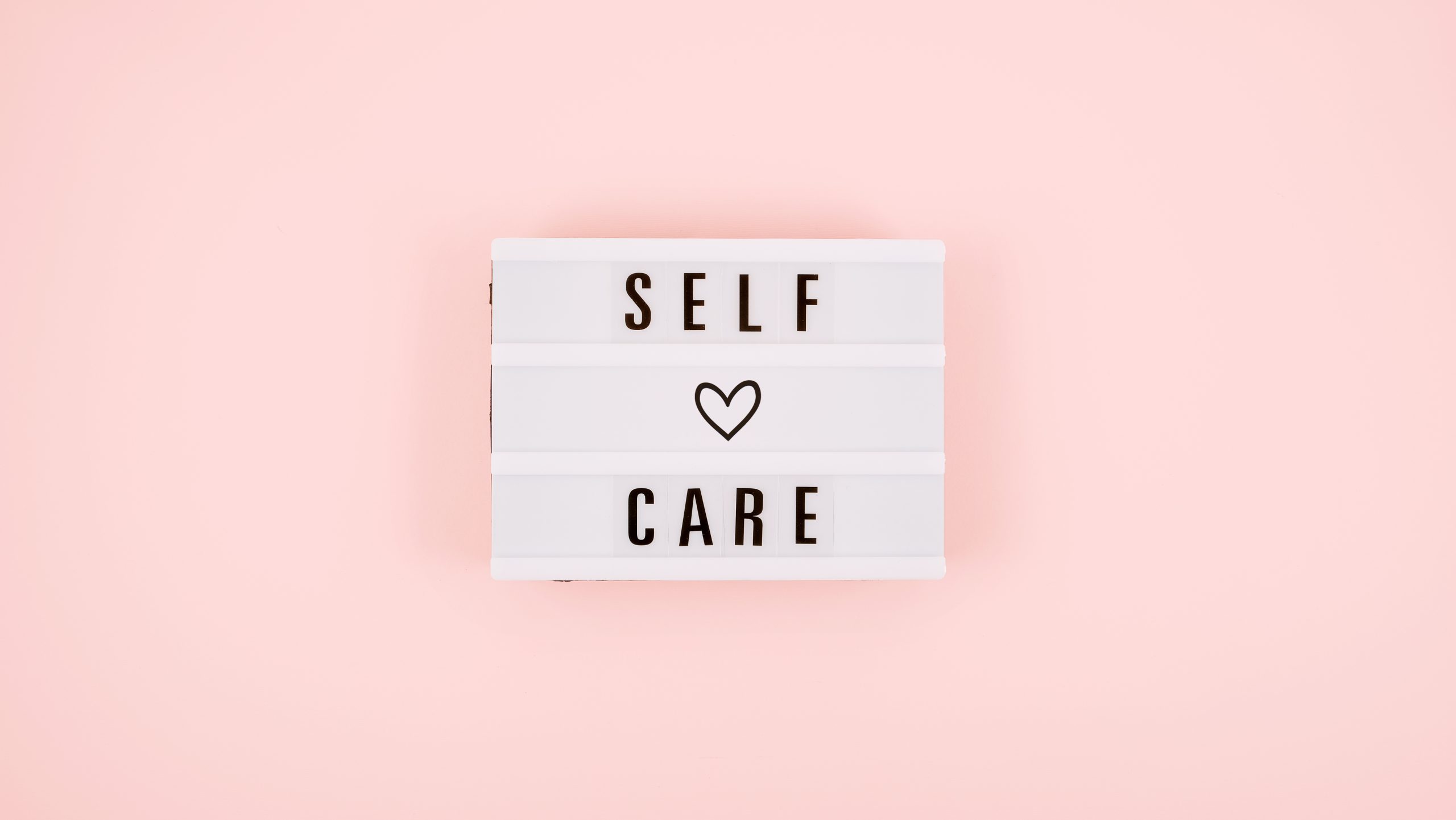CONCERNED FOR A LOVED ONE?

SUPPORTING A LOVED ONE
If you’re worried about someone close to you and their alcohol or drug use, we’ve got your back. Dive into this content to discover effective ways to offer support and navigate these conversations with care. Your loved one’s well-being matters, and we’re here to help you navigate this journey
WHERE TO START?

When it comes to our chosen families, they’re our rocks, our support systems. But what about when we’re worried about someone we care about and their alcohol or drug use? Navigating this territory can be pretty overwhelming. Do we bring it up? Do we let them handle it in their own time? Starting that conversation might feel like a maze, but we’ve got your back!
First, remember, not everyone wants or needs help with their substance use, and that’s totally okay. But if you’re feeling like there’s a big elephant in the room – that’s okay – we’ve all been there.
But it’s time to chat, pals! And here’s some ways to get things moving.
PICK YOUR MOMENT

Find a cosy spot where you won’t be interrupted and can talk openly. No need for an audience, just a private space for a heart-to-heart. If talking face-to-face feels too intense, how about a walk or drive together? Oh, and make sure they’re not super tipsy when you start the chat – we need everyone thinking clearly.
DEFINE THE ISSUE

You’re concerned right? But how bad is it? Where’s the benchmark for stepping in and saying something. Try to measure the impact of their use on their life and your relationship. Use “I” statements to express your thoughts and worries gently, like, “I’ve noticed lately…” or “I’m a bit worried because…” and give them the chance to share their side too. They may not agree with you, and it may take some time to have these questions really sink in.
WORDS MATTER

Keep it chill when discussing substance use. Avoid words loaded with stigma like “addict” or “habit.” Let’s be real, their journey is unique so sweeping generalisations are not your friend in this scenario.
Listen actively, stay non-judgmental, and ask questions calmly. Everyone’s story is different, and they might not want to change their use – and that’s their choice.
ESTABLISH HEALTHY BOUNDARIES

If they’re not ready to cut back or find alternatives, set your boundaries. It’s important to communicate clearly what these boundaries are – get specific. Let them know what you’re comfortable with when it comes to their substance use.
- ‘’I’m not going to hang out when you’re using, but I’d love to when you’re not high”
- ‘’It’s important to me that you don’t use drugs in the house, so do you have somewhere else that’s safe to use?”’
- ‘’I’m not going to give you money, but I can offer my support in other ways.”’
It’s not about being controlling, but making sure you’re both on the same page and respecting each other. It’s the boundaries that can keep the relationship going.
SUPPORT THEIR JOURNEY

If they’re up for your support, awesome! Lend a hand with practical stuff and be there emotionally (or as much as you feel you can be). Sometimes it’s tough to reduce or quit, so be patient through the ups and downs. Celebrate their wins, and keep supporting them even if they slip up.
WHAT IF THEY DON'T WANT HELP?

It’s their call to seek professional support. Don’t push if they’re not ready. Sometimes it takes time to reach out, and nagging won’t help. Let them know you’re there when they’re ready.
SELF CARE

Supporting someone can be heavy, so don’t forget about self-care:
- Eat well, exercise and prioritise your mental health.
- Lean on friends and family for support.
- Reach out to support orgs when you need to.
- It’s okay to take a break if things get tough.
- Communicate your boundaries.
Remember, you’re doing your best to be there for them.
If you want more guidance, check out the Australian Drug Foundation’s online tool.
Stay strong and know you’re making a difference.
DISCLAIMER:
Sections of this content have been sourced from the Australian Drug Foundation and Health Direct.
The information given on this page is not medical advice and should not be relied upon in that way.